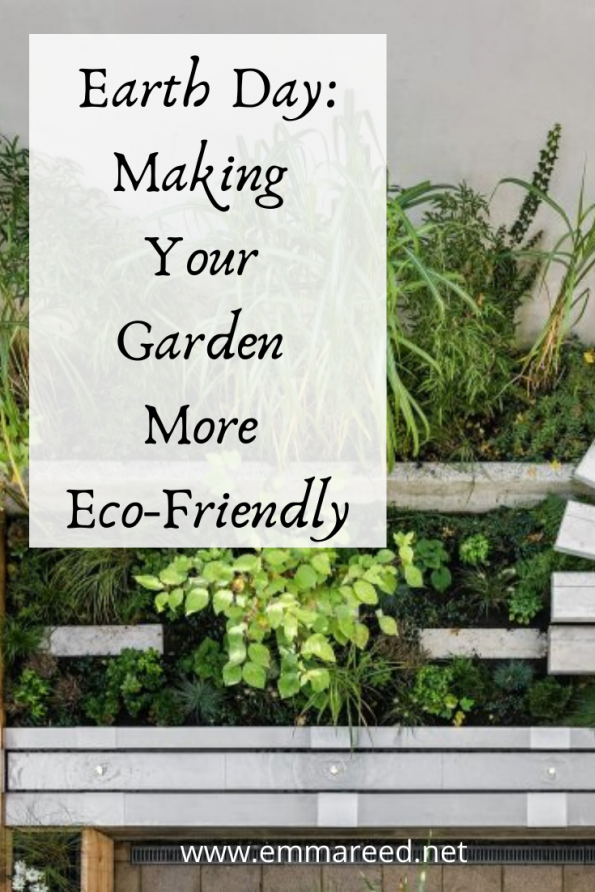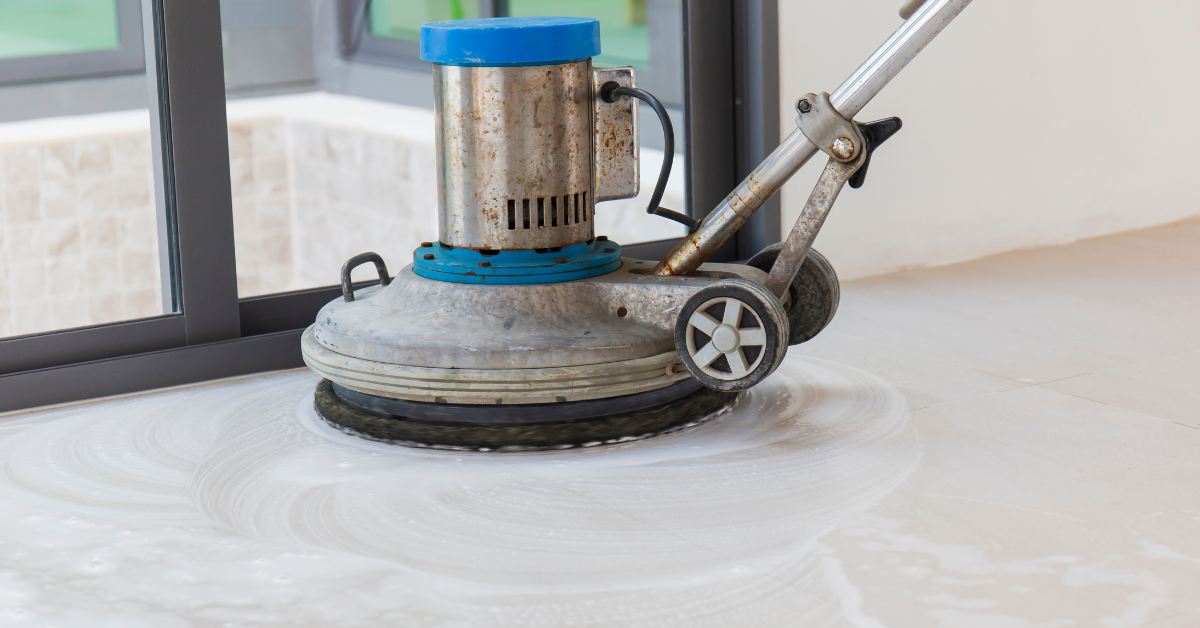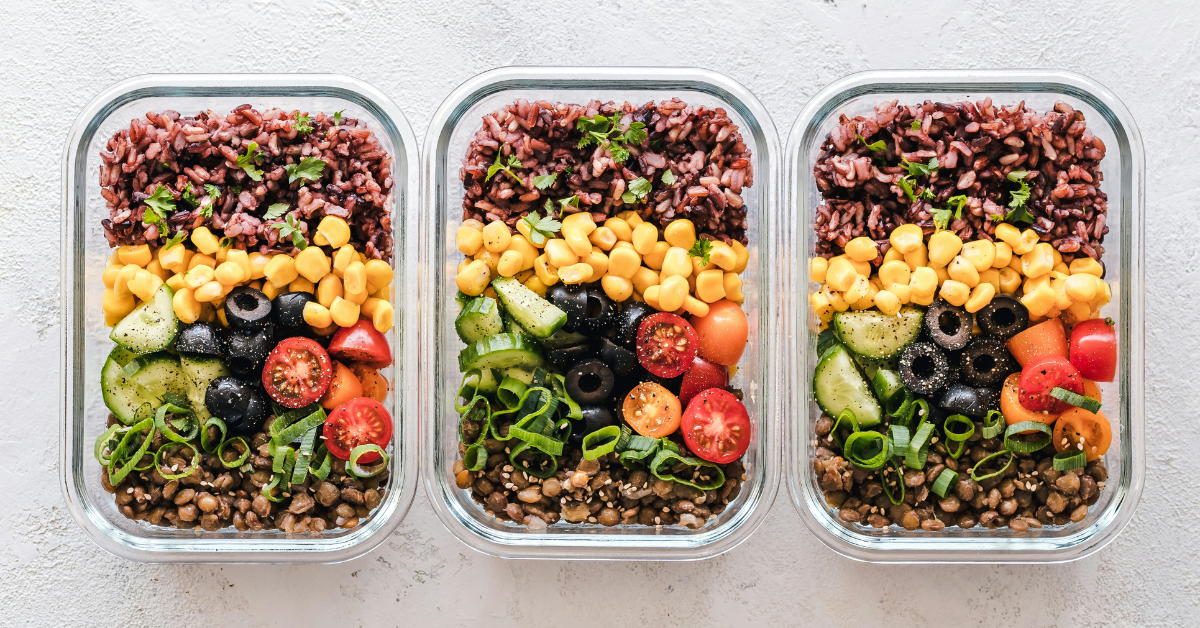
Earth Day: Making Your Garden More Eco-Friendly

*Collaborative Post
‘Mary, Mary quite contrary, how does your garden grow?’ Anyone with green fingers wants to answer “great, thanks!” There is no better feeling than cultivating a piece of land and transforming it into a haven. Whether it’s for you, the kids or the neighbours, the garden is a perfect place to relax and unwind. Plus, it’s not hard on the eyes either.
However, some gardens lack one main ingredient: nature. As odd as it sounds, yours may not be helping the planet even if you’re growing vegetables and have a compost bin. Here are some of the reasons why and the solutions towards creating a more eco-friendly garden.
Keep It Real
The main reason gardens are inorganic is due to pesticides. To stop pesky snails, slugs and ladybirds from destroying your plants, you put down poison. Sadly, the chemicals do not discriminate and they will seep into anything in sight. Usually, the soil bears the brunt of it as do the animals that see these pests as food. Keeping it natural can help as some plants are excellent protectors. Garlic is a natural pesticide due to the smell and will stop the majority of insects coming in for a closer look. Marigolds and sunflowers use their vivid colours to attract insects, on the other hand. These are far more eco-friendly than any sprays you can buy in the garden centre.
Get Some Wood
Plastic is a significant component of a modern garden. From plant pots to furniture, there’s a good chance yours is filled with non-biodegradable features. There are two options, the second which we will go into later. For now, let’s focus on getting some wood. Pretty much every feature that uses plastic comes with a lumber option. There are now different styles of fencing as well as chairs and benches for comfort and style. By using timber, you can reduce your carbon footprint and the impact plastic has on the planet. However, please do not start throwing away anything that is plastic just because it is plastic. The only place it is going to end up is in landfill and that isn’t going to help our waste problem. Instead, you can sell items you don’t need, repair any broken furniture or repurpose what you have. Your garden can still be eco-friendly even if it contains a plastic table and chair set.

Recycle My Fire
So, you use lots of polymers in your home and don’t know what to do with them. The conservationist in you says you can’t put them outside because it goes against the rules of the planet. However, if they are recycled, they may be better than mining organic materials. After all, there is no need to replace them all of the time and they use less energy due to the fact they are recycled. If you’re struggling for inspiration, yoghurt containers and paint tins make for fantastic plant pots. Alternatively, you can upcycle old furniture rather than throwing it away.
Knit Together
People with green fingers will know about the rise of gardening communities. Although you assume you don’t need any advice, there’s nothing wrong with checking out a meeting. One conversation may put you onto a trick or hack you never thought of before. By boosting your knowledge on the environment, you can incorporate it into your garden and make it less of a planet-killer. Other than that, an allotment should help you to socialise with enthusiasts.
As well as picking the right materials and pesticides, it’s crucial to pick peoples’ brains too.
Do you have any further top tips for achieving an eco-friendly garden? Let me know in the comments.

*This is a collaborative post. For further information please refer to my disclosure page.
Pin for later:





